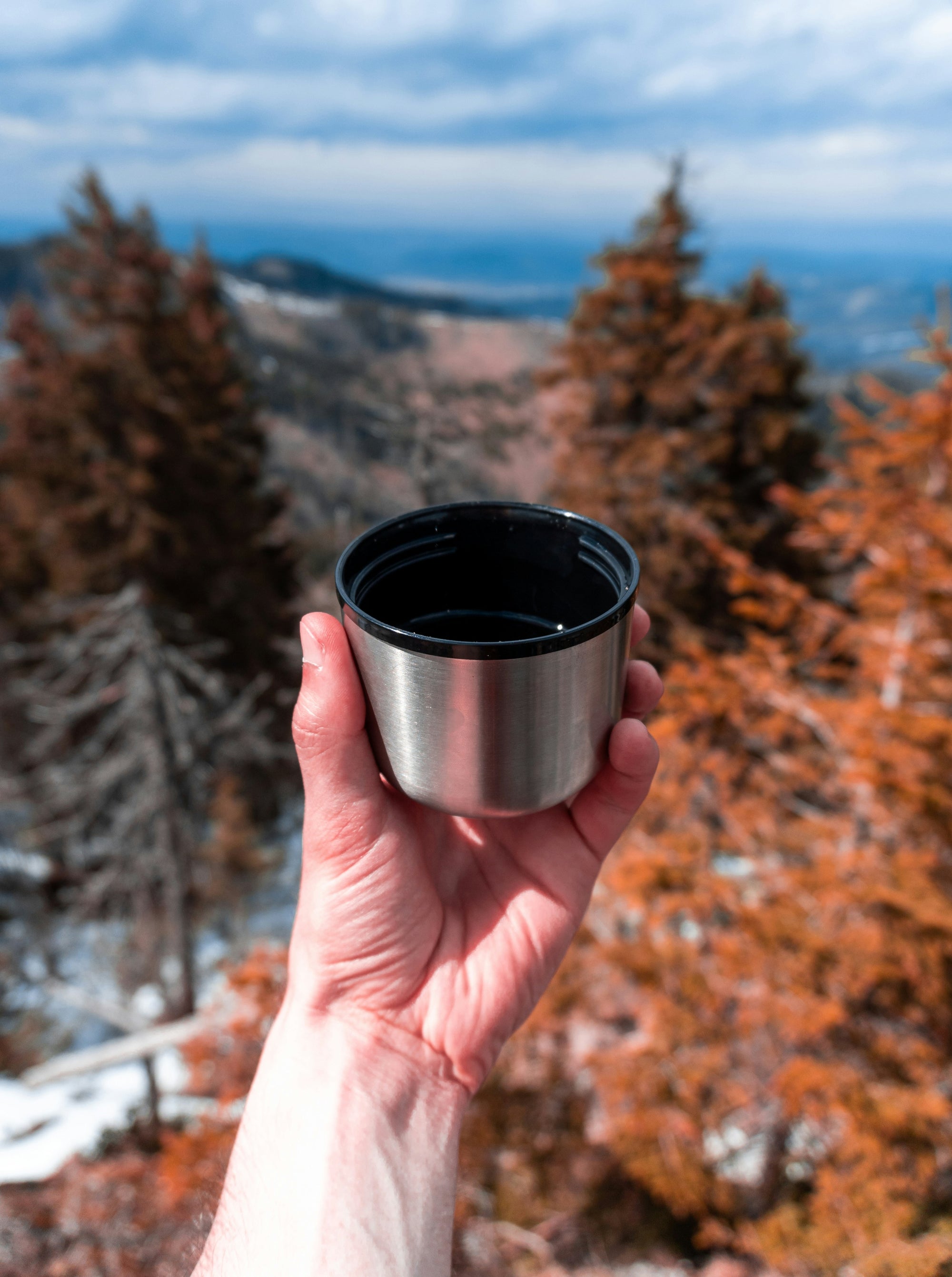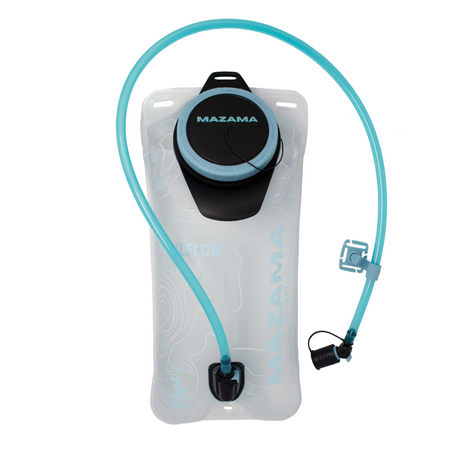Cold Weather Hydration
October 23 2024 – Ethan Young-Smith

As temperatures drop, staying hydrated can easily slip from our minds, but it’s just as important during the colder months as it is in summer. Even though you might not feel as thirsty, your body still requires plenty of water to stay healthy and function optimally. Hydration plays a key role in maintaining energy levels, supporting your immune system, and keeping your skin healthy—all of which can be affected by cold weather.
Why Winter Hydration Matters
Winter brings unique challenges when it comes to staying hydrated. The cold air, indoor heating, and even heavier winter clothing can increase water loss without the obvious signs of sweating. Despite cooler temperatures, your body continues to lose moisture through activities such as breathing, especially in dry indoor environments. This can lead to dehydration, which often manifests as fatigue, headaches, dry skin, and even impaired cognitive function.
Moreover, staying hydrated in the winter is vital for regulating body temperature. Water helps retain heat, which is especially important when you're out in the cold. Proper hydration can also prevent winter ailments like dry skin, chapped lips, and a weakened immune system.
Top Tips to Stay Hydrated During Winter
1. Warm Beverages to Boost Hydration
When cold weather strikes, drinking cold water might be less appealing. Warm drinks like herbal teas, lemon water, and low-sodium broths are excellent alternatives to cold beverages. They keep you warm and cozy while ensuring you meet your daily hydration needs. Plus, they can soothe your throat and provide comfort on chilly days.
2. Flavor Your Water
Water can feel bland, but you can make it more enticing by adding natural flavors. Infuse it with slices of lemon, cucumber, or fresh herbs like mint or basil to give it a refreshing twist. Not only does this make drinking water more enjoyable, but it can also motivate you to drink more throughout the day.
3. Eat Hydrating Foods
Fruits and vegetables can be a significant source of water. Winter fruits like oranges, grapefruits, and apples, as well as vegetables such as cucumbers, celery, and leafy greens, contain high water content. Incorporating water-rich soups and stews into your meals is another effective way to maintain hydration, especially when it's cold outside. Hearty winter favorites like vegetable soup, broths, and stews help keep you both hydrated and nourished.
4. Set Hydration Reminders
It’s easy to forget about hydration when you don’t feel thirsty. A simple trick is to set reminders on your phone or use a water tracking app. Carrying a reusable water bottle and sipping throughout the day can also help keep your water intake steady. If you’re unsure whether you’re drinking enough, pay attention to the color of your urine—pale yellow or clear is a good sign that you’re properly hydrated.
5. Limit Caffeinated and Alcoholic Beverages
Coffee, tea, and alcohol are common in colder months, but they can contribute to dehydration. Caffeine and alcohol are diuretics, meaning they increase urine production and, in turn, lead to fluid loss. If you enjoy these beverages, balance them with water to avoid dehydration. Opting for decaffeinated drinks or herbal teas is a better choice for maintaining hydration in winter.
Hydration and Winter Workouts
If you exercise outdoors in winter or engage in winter sports like skiing or snowboarding, staying hydrated is even more critical. Cold weather can suppress your thirst, and the body loses moisture through both sweat and breath. Carry a water bottle or thermos with warm, non-caffeinated drinks when you’re active, and make sure to hydrate before, during, and after your workout. Don’t let cold weather fool you—your body still needs hydration to perform at its best.
Common Signs of Dehydration in Winter
Dehydration in winter can sneak up on you. Here are some common symptoms to watch out for:
- Dry skin and lips: Cold, dry air and heating systems can pull moisture from your body, leading to dry skin and cracked lips.
- Fatigue: Feeling unusually tired could be a sign that you're not drinking enough water.
- Headaches: Dehydration can cause tension headaches or exacerbate migraines.
- Dark urine: Dark yellow or amber-colored urine is a clear indicator that your body needs more fluids.
Final Thoughts
Even though it’s easy to overlook hydration when the weather turns cold, it remains a crucial part of maintaining your health and energy levels. Simple habits like drinking warm beverages, eating water-rich foods, and monitoring your water intake can help ensure you stay hydrated all winter long. Whether you’re spending time indoors or staying active outdoors, your body will thank you for keeping up with its hydration needs throughout the colder months.
By making hydration a priority, you’ll not only keep your body in balance but also ward off the fatigue, dry skin, and other uncomfortable symptoms that dehydration can bring during winter.
